|
Much of the debt being incurred by African countries is through foreign currency denominated Eurobonds issued on international financial markets. This has the International Monetary Fund worried: it believes that countries are on a Eurobond issuing spree and half of them are near or at distressed levels. But Misheck Mutize argues that the rising debt alarm is exaggerated: it’s what African countries pay in interest that’s cause for worry.
Scientists are still investigating the exact origin of the outbreak of the novel coronavirus. Wanda Markotter explains why scientists need to study the horseshoe bat genus (Rhinolophus) closely. Chinese populations of this bat genus have been found to host viruses similar to the new coronavirus. Related viruses in this genus of bats could therefore exist elsewhere, including African countries.
|
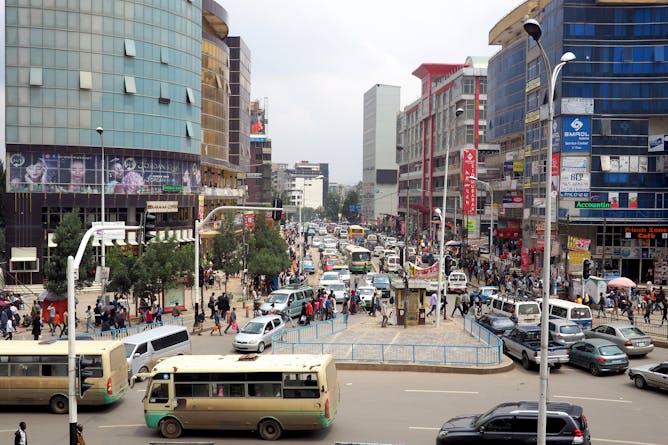
Ethiopia’s economic growth hovered between 8%-11% for over 10 years but its sovereign credit rating has not been upgraded
Shutterstock
Misheck Mutize, University of Cape Town
The alarm being raised by multilateral financial institutions about rising government debt across Africa is exaggerated. The real problem is that African governments pay way over the odds for debt.
|
Science + Technology
|
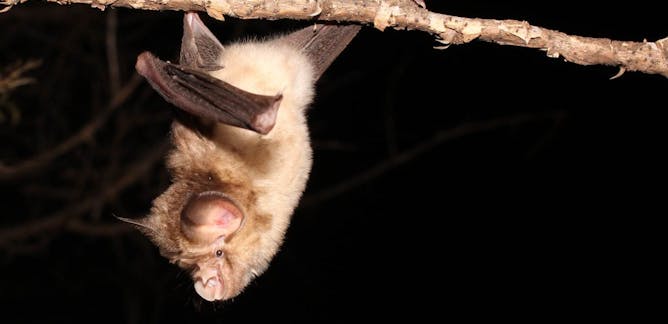
Wanda Markotter, University of Pretoria
Understanding the many factors that may play a role in spillover of pathogens from bats to humans requires systematic surveillance of bat populations.
| |

Mari Webel, University of Pittsburgh
While identifying a new disease by its place of origin seems intuitive, history shows that doing so can have serious consequences for the people that live there.
|
|
|
Politics + Society
|
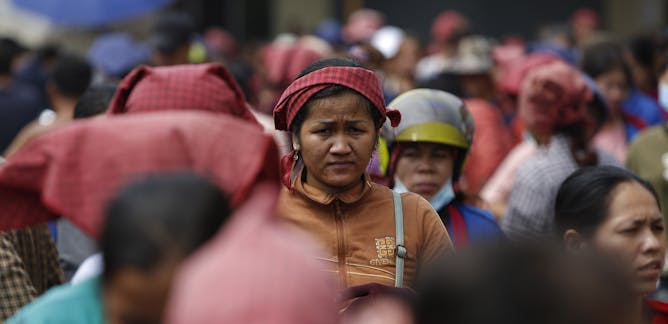
Rhona Smith, Newcastle University
For the first time, the EU has withdrawn some trade preferences for a developing country on its Everything But Arms tariffs.
| |

Heather Lotherington, York University, Canada
The conventions used in texting and tweeting are fundamentally altering how people communicate, but many language apps still rely on old-school English-language grammar.
|
|
|
En Français
|
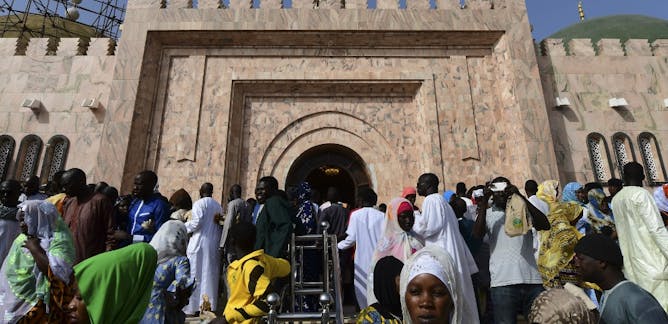
Cheikh Sokhna, Institut de recherche pour le développement (IRD)
Le Magal est un événement religieux annuel à Touba (200 km de Dakar) où convergent des millions de pèlerins. Ce rassemblement expose à des risques accrus de transmission de maladies infectieuses.
| |

Luis Martinez, Sciences Po – USPC
L’armée algérienne se méfie profondément du Hirak, ce mouvement social qui a emporté le système Bouteflika. Au point qu’une alliance entre les militaires et les islamistes n’est pas à exclure…
|
|
|
En español
|

María de los Ángeles Rol de Lama, Universidad de Murcia; Juan Antonio Madrid Perez, Universidad de Murcia
En general las personas podemo ser búhos o alondras, trasnochadores o madrugadores. Aunque el cronotipo no es "para toda la vida". La edad también lo modifica.
| |
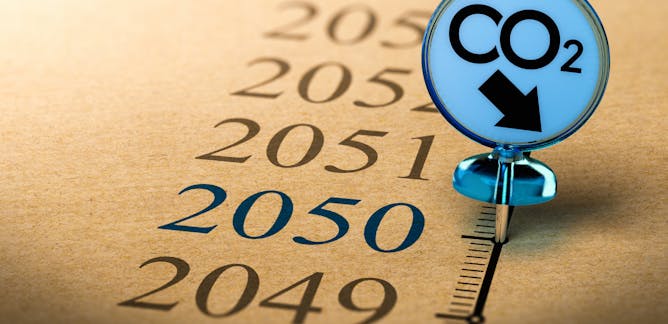
Fernando Valladares, Museo Nacional de Ciencias Naturales (MNCN-CSIC)
La ley de cambio climático es el marco fundamental sobre el que tejer políticas y estrategias de sostenibilidad y de mitigación y adaptación al calentamiento global.
|
|
|